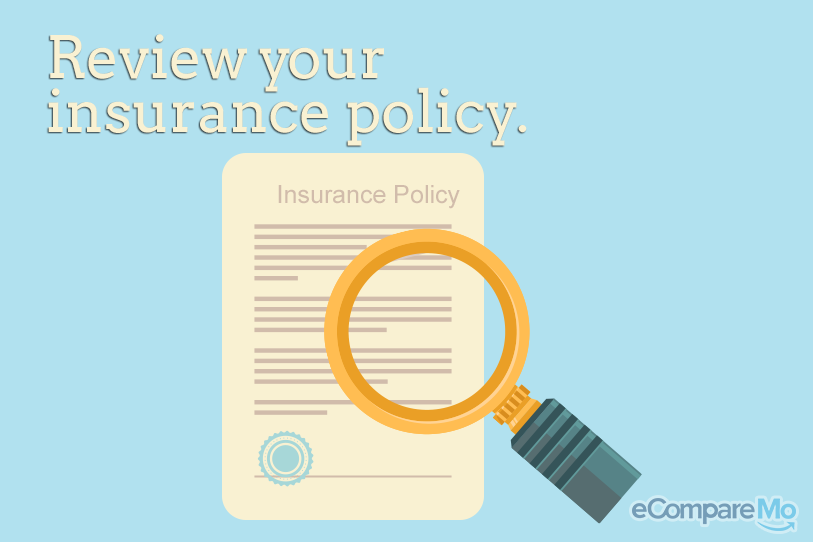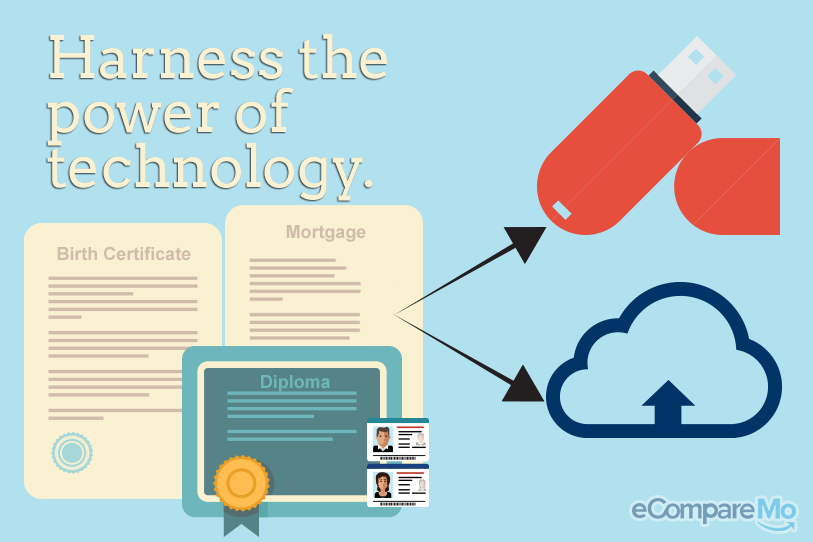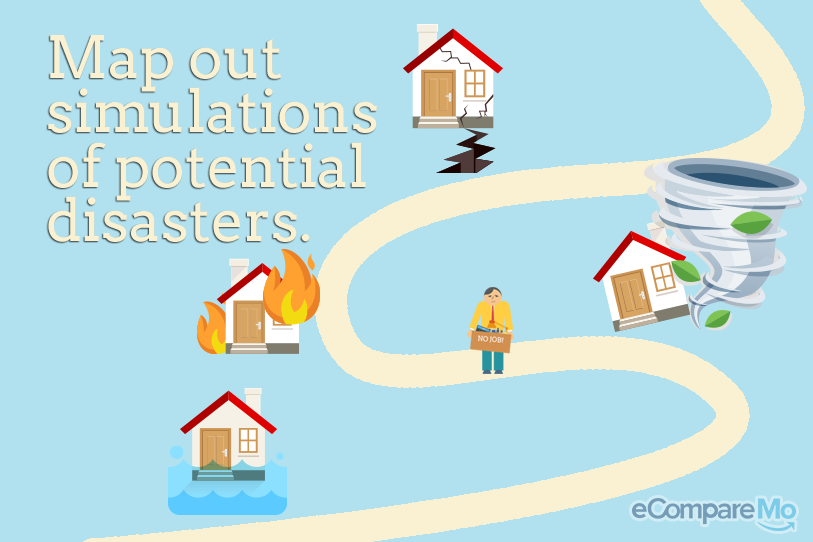Make Your Finances Disaster-Proof This Disaster Season
2 min readNothing lasts forever, not even your stable financial status. You may be swimming in a streak of good luck today but calamities may turn it around. How can you make your finances more resilient to the changes by unwanted circumstances?
Here are the ways you can make your finances disaster-proof.
-
1. Compile your documents in a secure place.
They may only seem as simple pieces of paper with your information in it but your documents are more valuable than you think. Securing your documents in case of unforeseen circumstances will prevent you from going through the hoops of bureaucratic nightmare of claiming insurance or liquidating some assets if needed. Some of the most important papers you need to protect are the following:
- Birth certificate
- Marriage certificate
- House deed of sale
- Insurance policies
- Bank account details
- Checkbook
- Passport
- Certificate of bonds, stocks, etc.
- Official receipt of valuable items
Makes sure you transport these documents with you when evacuating. Compile them all in one place and put them in an easy-carry bag so you can move as quickly as possible. Make sure the case is also water-proof and durable enough to withstand extreme weather conditions.
-
2. Prepare some extra cash.
In times of emergency, you may be tempted to use your credit card. However, using your credit card in case of emergency can just debilitate your finances further. Also, cash is a basic payment accepted wherever you are, whatever the circumstance is. That is why it is still better to prepare some spare cash that will come in handy.
-
3. Review your insurance policy.
Whether you have an insurance for home, travel, car, health, or life, it is important to be in the know of your policy every now and then. You are updated about the specific coverage, the cost, and the expiration of your policy. Knowing these details will allow you strategically plan. In cases of emergency, insurance is a good backup.
-
4. Harness the power of technology.
Documents can be dilapidated and gadgets can get damaged when submerged into floodwater. Scan your most important documents and create a cloud storage where you can upload and access your files. In addition, you should also have a copy of your documents with you stored in a flash drive or external hard drive. You’ll never know when contingencies arise so you better have a digital backup ready at all times.
-
5. Map out simulations of potential disasters.
Creating a roadmap for all the possible scenarios will allow you to see each and every turn to make every probably scenario manageable as possible. Doing so can help you create your own potential solutions and adjustments. Fire or earthquake drills can help you minimize the negative impact and lessen the panic if actual situations occur.
Disasters come in different forms and can attack you when you least expect them. Fortunately, there are ways you can prepare for the worst and avoid hitting rock bottom. Remember, failing to plan is like planning to fail.





